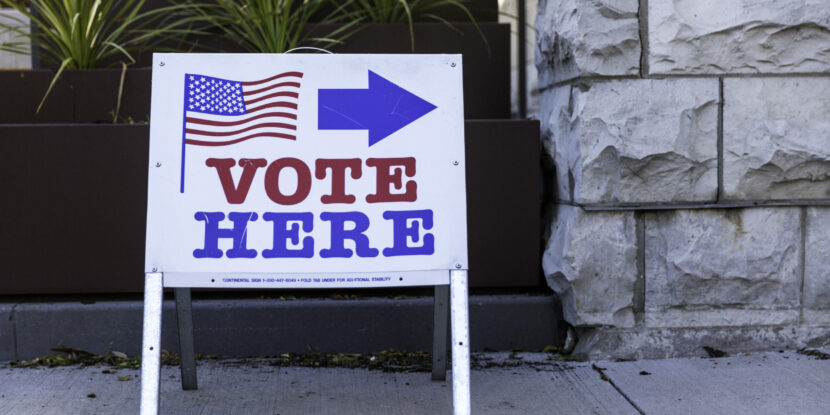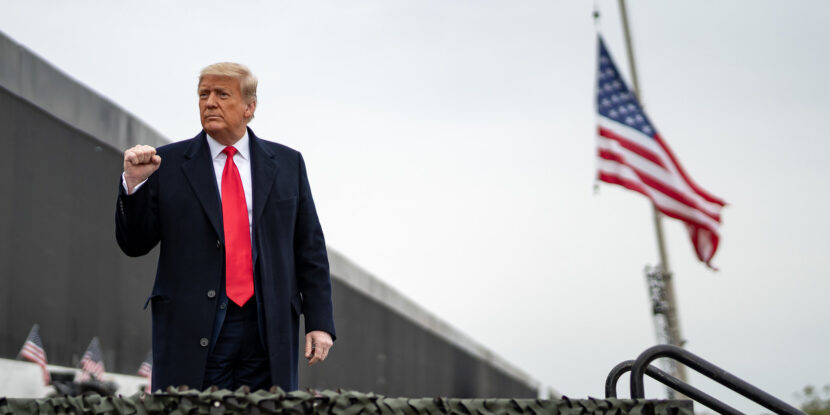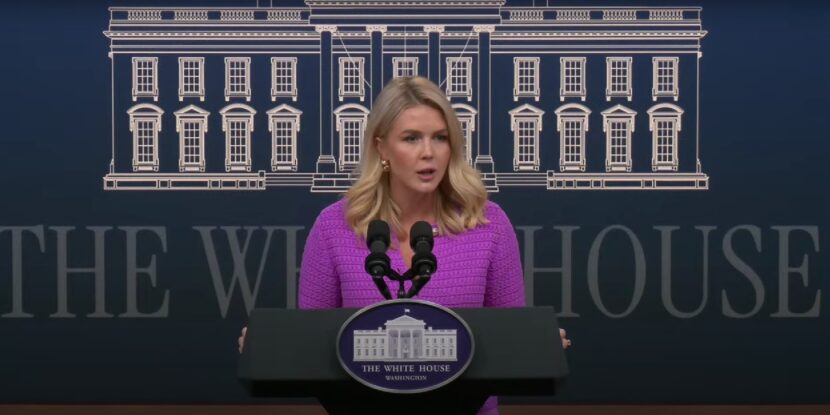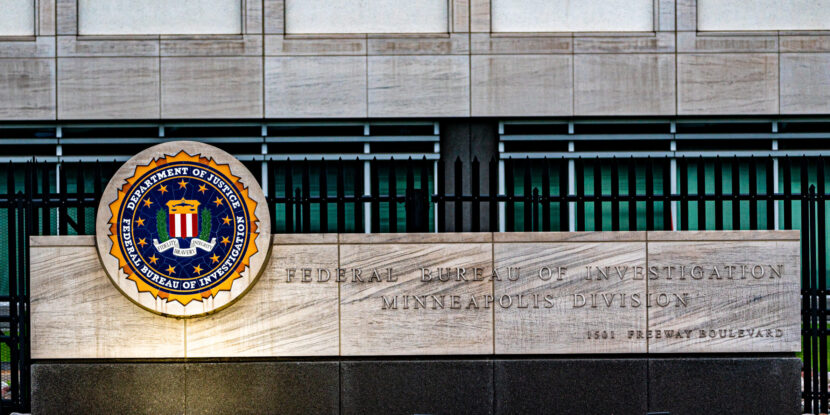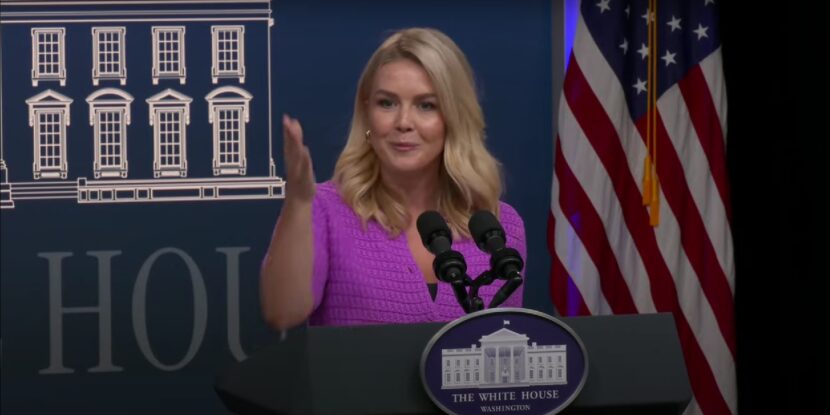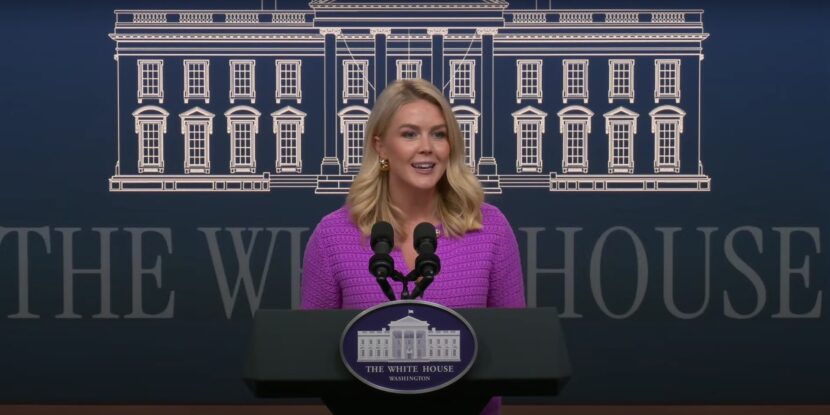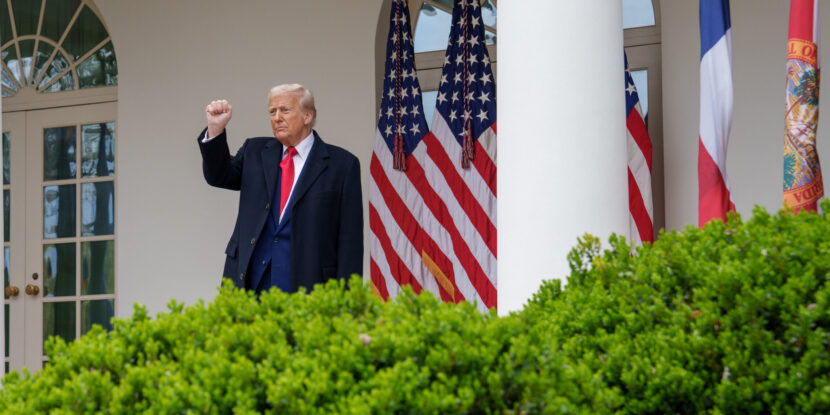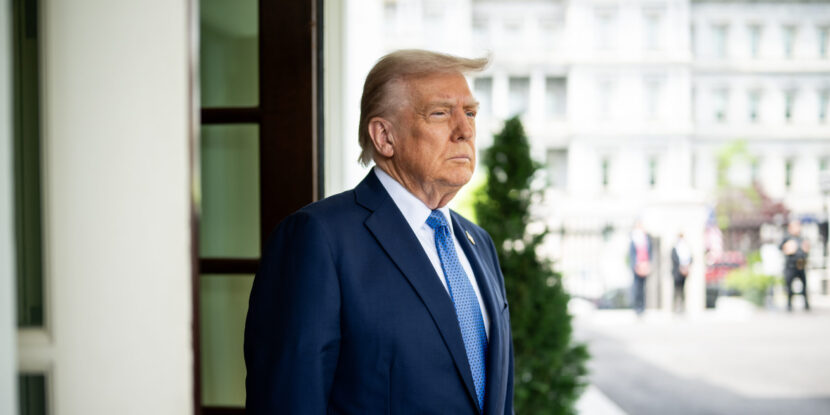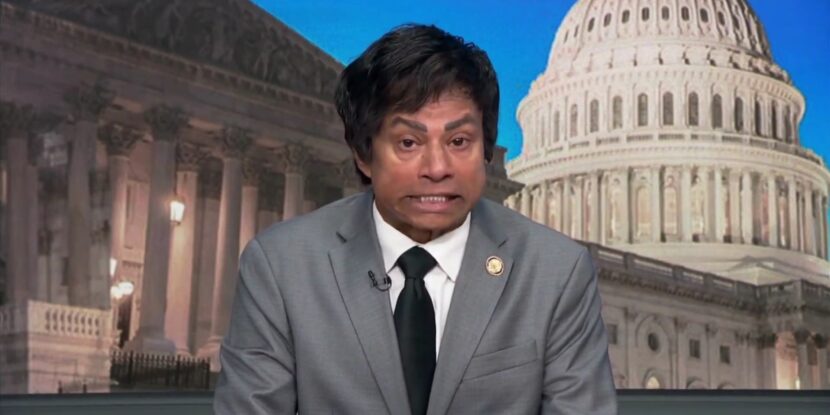PULSE POINTS:





IN FULL:
Federal authorities have charged Akeel Abdul Jamiel, an Iraqi national, with illegally voting in the U.S. presidential election held on November 3, 2020. The charge is part of broader federal efforts to maintain election integrity by prosecuting noncitizens who participate unlawfully in elections.
The Department of Justice (DOJ) asserted that Jamiel knowingly cast a ballot in Saratoga County, New York. Should he be convicted, Jamiel faces the possibility of a one-year prison term and a fine of up to $100,000. Jamiel claims he no longer resides in the U.S., arguing that someone may have used his identity fraudulently.
The FBI has reiterated its dedication to election security. “Election security is and will continue to be one of the FBI’s highest national security priorities,” FBI Special Agent Craig Tremaroli said.
This development takes place amid legislative efforts by Republican lawmakers, such as Texas Representative Chip Roy, aiming to secure election integrity. Measures include demanding proof of citizenship before registering voters for federal elections. Recently, the House of Representatives passed the Safeguard American Voter Eligibility (SAVE) Act, which calls for removing noncitizens from voter rolls.
The legislation notably met resistance from the Democratic Party and received only limited bipartisan support. Nevertheless, the principle of verifying voter citizenship continues to resonate widely with the American public.
In parallel, instances of noncitizens voting illegally have surfaced in various states. Legal authorities in Alabama, Texas, Virginia, and Ohio have identified thousands of noncitizens on voter rolls. Efforts are underway to cleanse these lists ahead of future elections.
show less